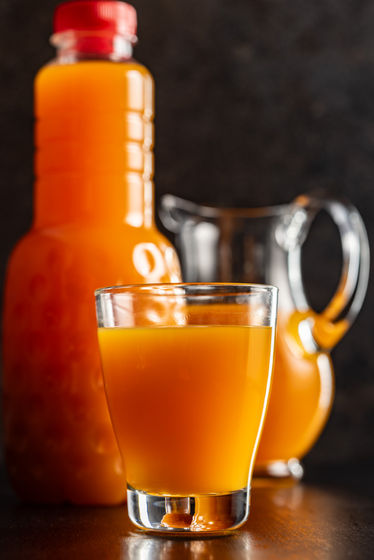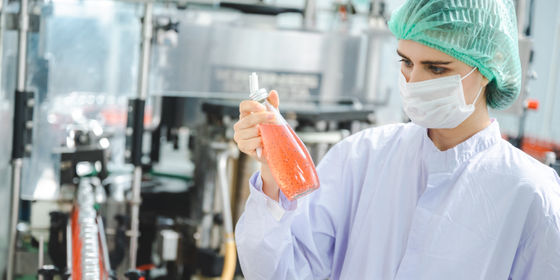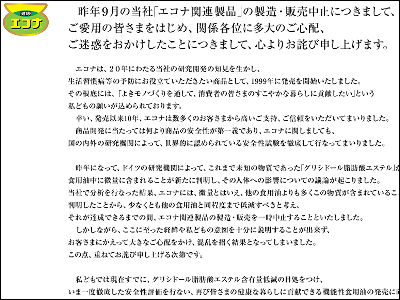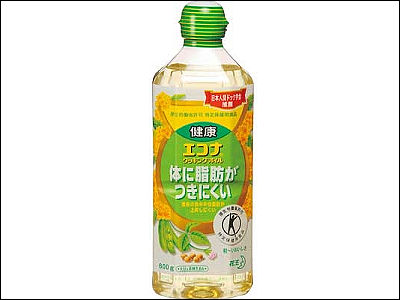US food regulator revokes approval of beverage additive 'BVO,' a dangerous substance banned in Japan in 2010

The U.S. Food and Drug Administration (FDA) announced that it will revoke approval of the additive Brominated Vegetable Oil (BVO), which was used in fruit-flavored carbonated drinks, on July 3, 2024. Previously, BVO was used in small amounts as a stabilizer in fruit juice drinks, but in recent years most manufacturers have voluntarily stopped using it due to concerns about health hazards.
Brominated Vegetable Oil (BVO) | FDA
Soda additive “no longer considered safe,” gets long-awaited FDA ban | Ars Technica
https://arstechnica.com/science/2024/07/soda-additive-no-longer-considered-safe-gets-long-awaited-fda-ban/
In its July 3 announcement revoking the food additive restriction on BVO, the FDA stated, 'Due to research conducted in collaboration with the National Institutes of Health (NIH) indicating potential adverse human health effects, FDA has determined that BVO is no longer safe for intentional use in food. Therefore, we are taking this action consistent with our authority to regulate ingredients added to food.'
According to the FDA, BVO has been used in food since the 1920s and has been included in the 'Generally Recognized As Safe ( GRAS )' food safety standard since the late 1950s.

Growing concerns about BVO's toxicity led to it being removed from the GRAS list in the late 1960s, but the FDA allowed its use as a stabilizer in flavor oils in fruit-flavored beverages at levels up to 15 ppm, citing insufficient data to fully regulate it.
Thus, BVO has been used in the United States as a stabilizer to prevent citrus flavorings from floating to the surface of beverages, but since then, research and data suggesting adverse effects on the human body have been reported frequently, and there have been movements calling for its ban.
For example, in 2013, a petition started by high school girls collected over 200,000 signatures calling for an end to the use of BVO, and the major beverage manufacturer PepsiCo stopped using BVO in its flagship products.

In addition, following the successive bans of BVO in the EU and Japan in the 2010s, the FDA launched an investigation to review the safety of BVO.
The conclusive results were the results of animal experiments published in 2022. In these experiments, when rats were administered BVO at a concentration equivalent to the standard value for humans, it was confirmed that abnormalities occurred in the rats' thyroid glands and that brominated fatty acids accumulated in organs such as the heart and liver.
In response to this, the FDA proposed to revoke the authorization for the use of BVO in November 2023, leading to this decision. The new rules completely banning BVO are scheduled to go into effect on August 2, 2024, and companies will have one year from the effective date to modify or relabel products that contain BVO, or dispose of their inventory.

While consumers have welcomed the strengthening of food safety standards, there has also been criticism of the slow pace of the move, which is more than 10 years behind Europe and Japan.
'The FDA's decision to ban BVO from food is a victory for public health,' said Scott Ferber of the Environmental Working Group, a US activist group. 'But it's shameful that the agency has failed for decades to regulate and protect consumers from this dangerous chemical.'
Related Posts:
in Food, Posted by log1l_ks






